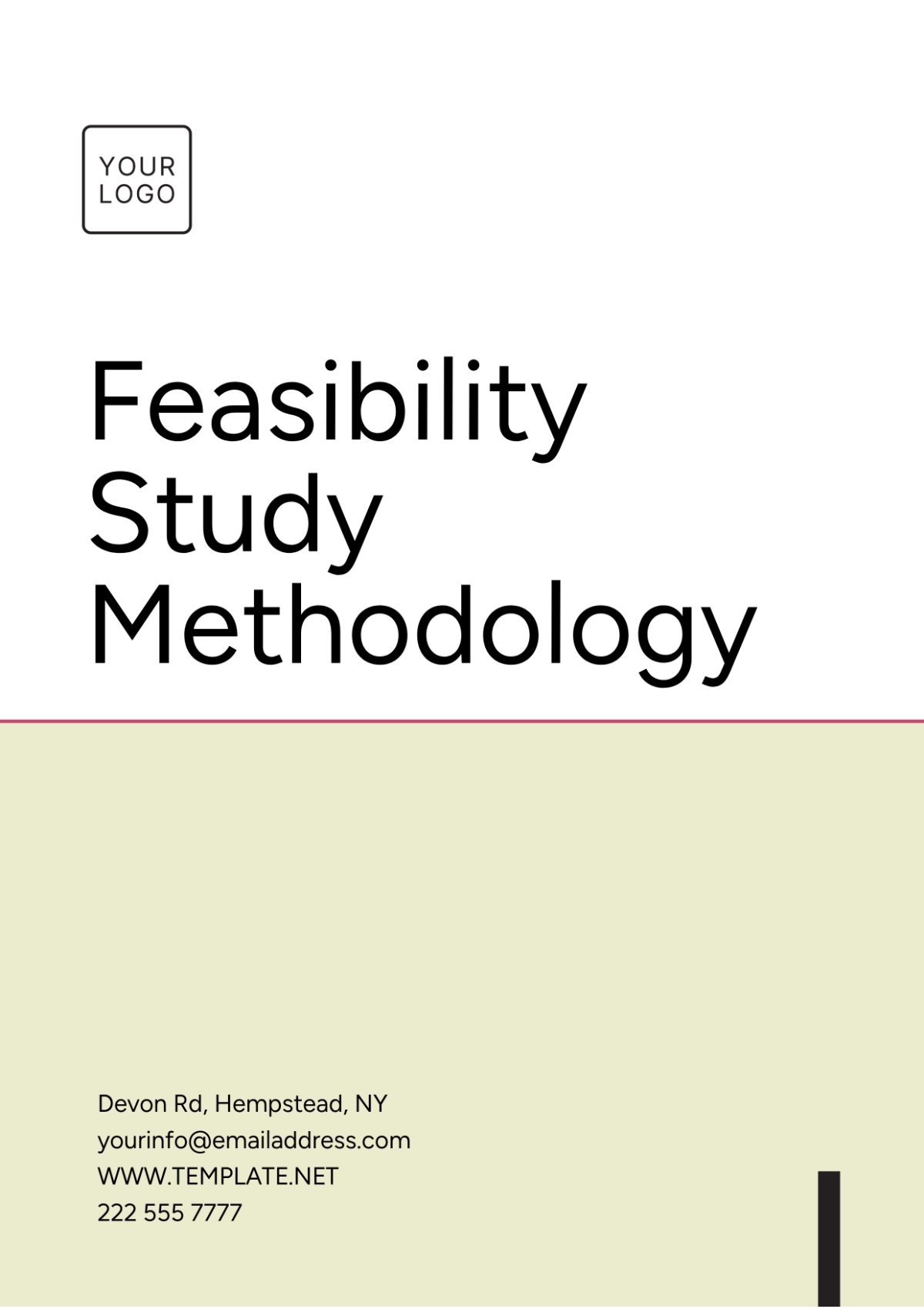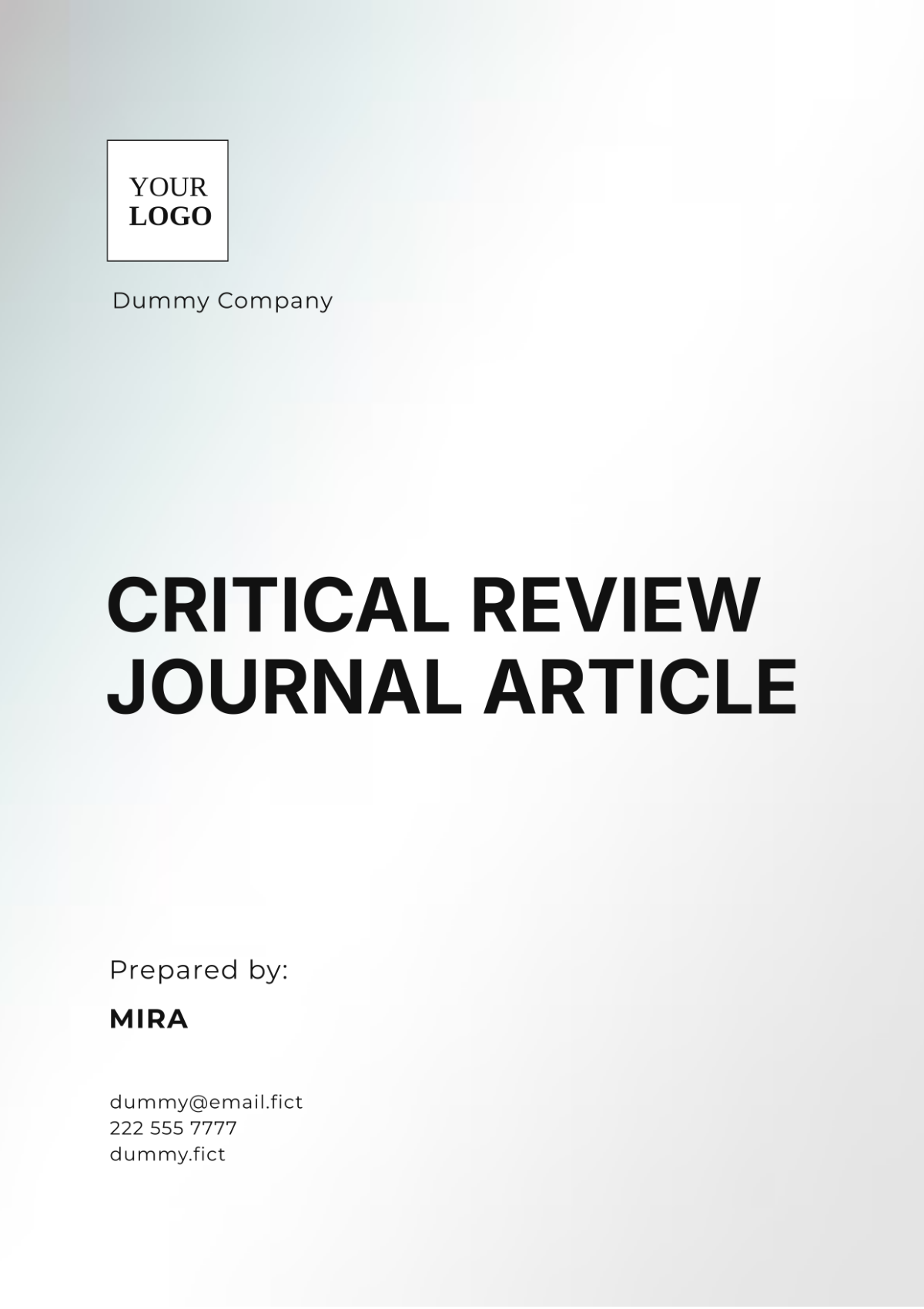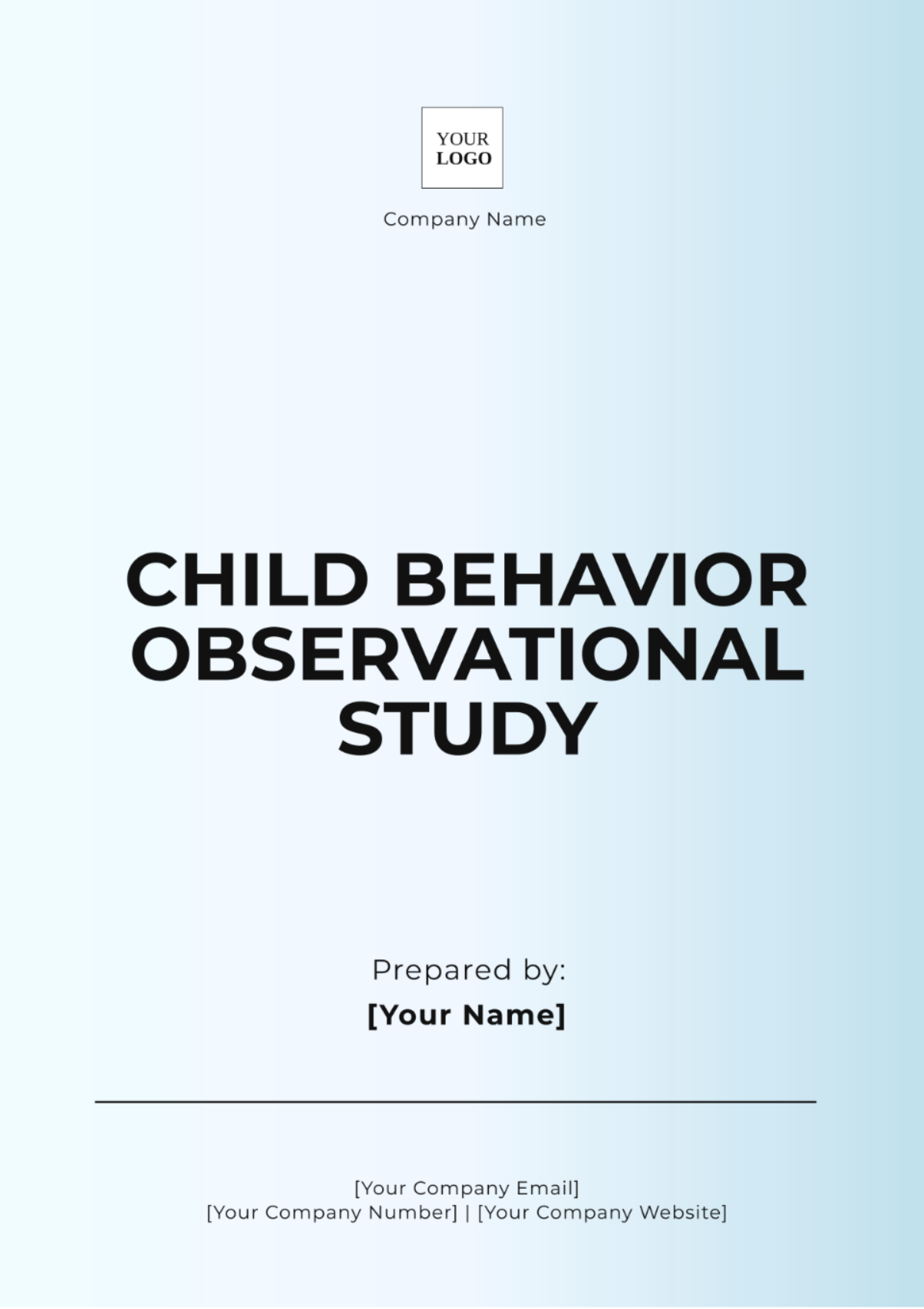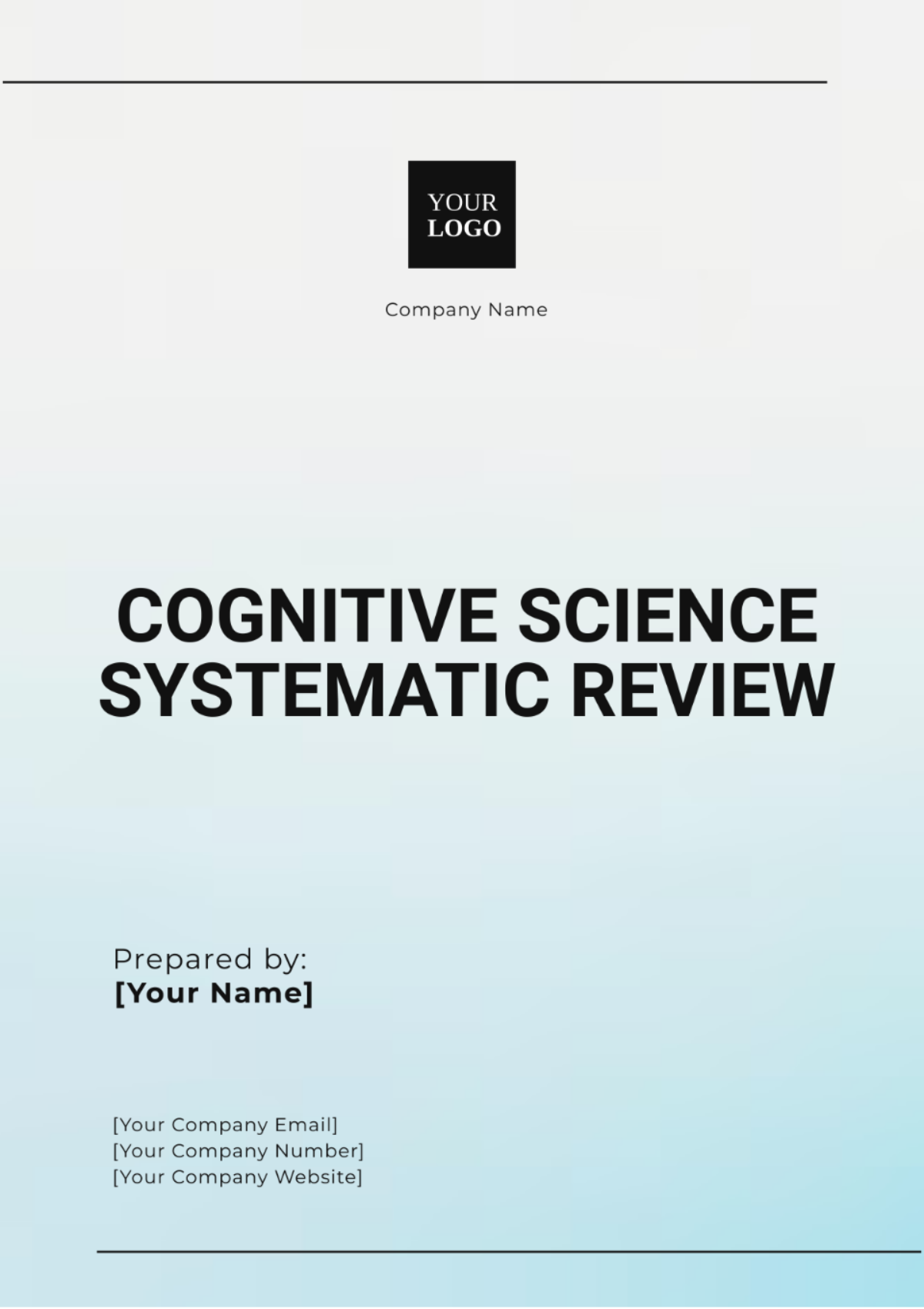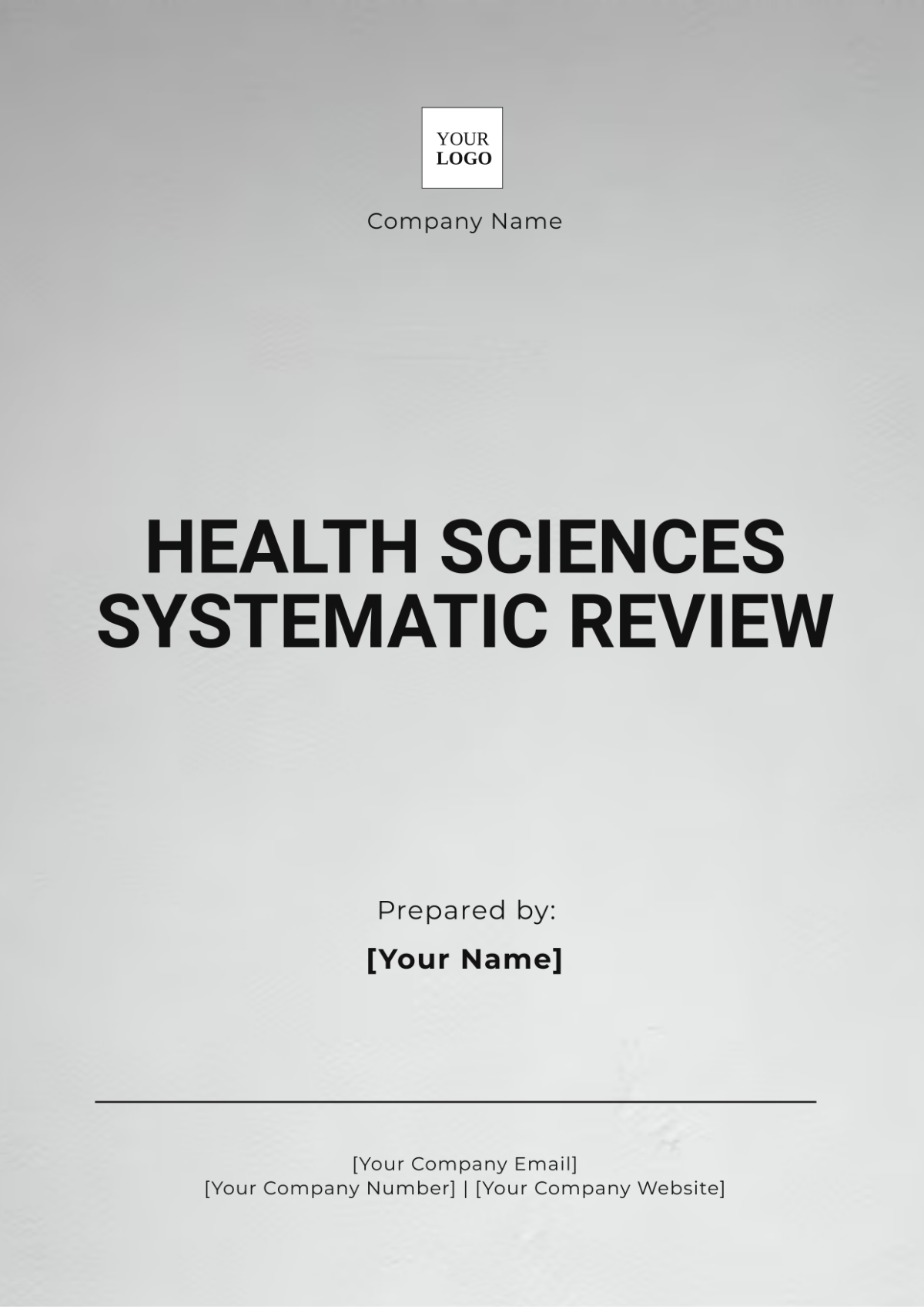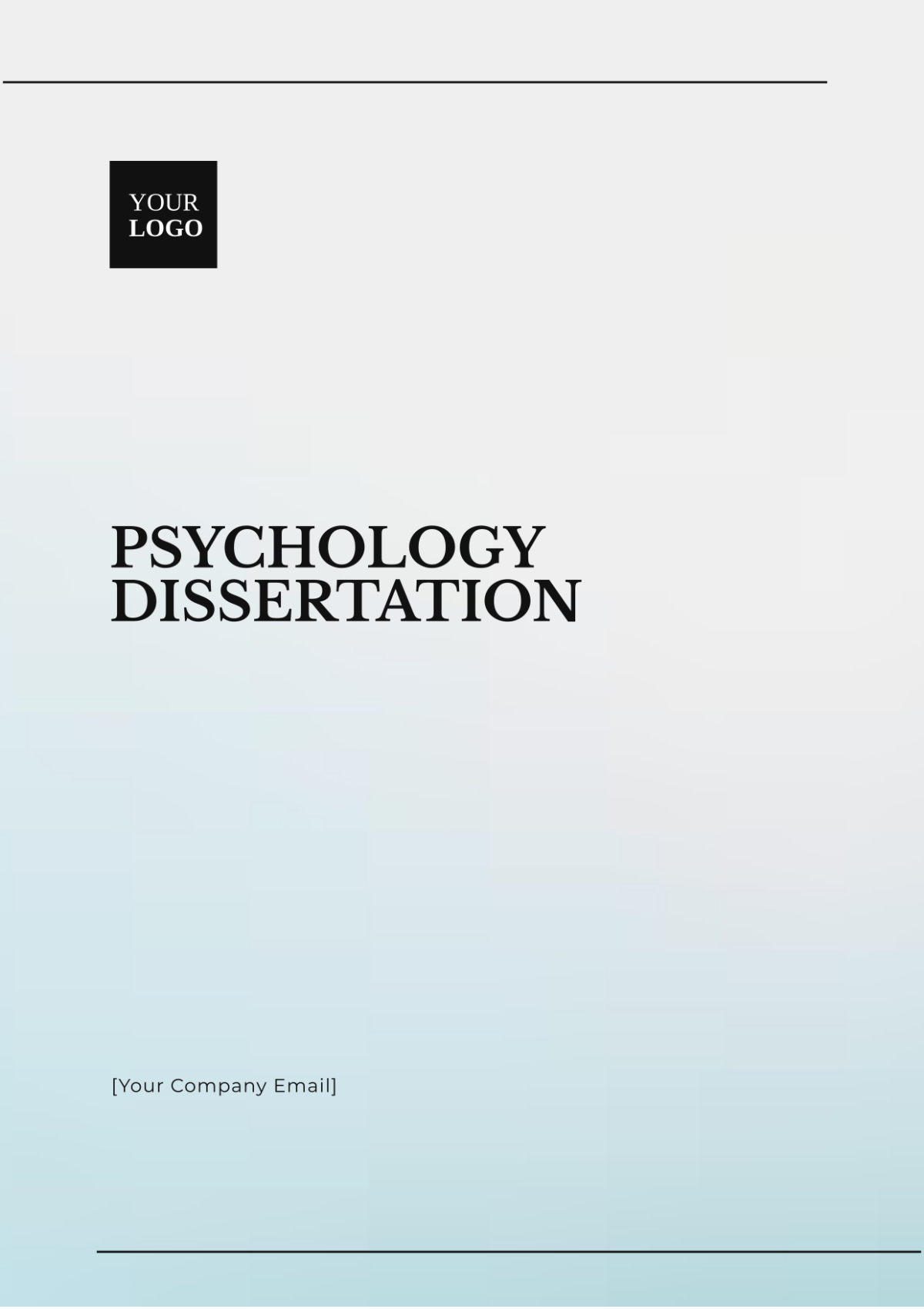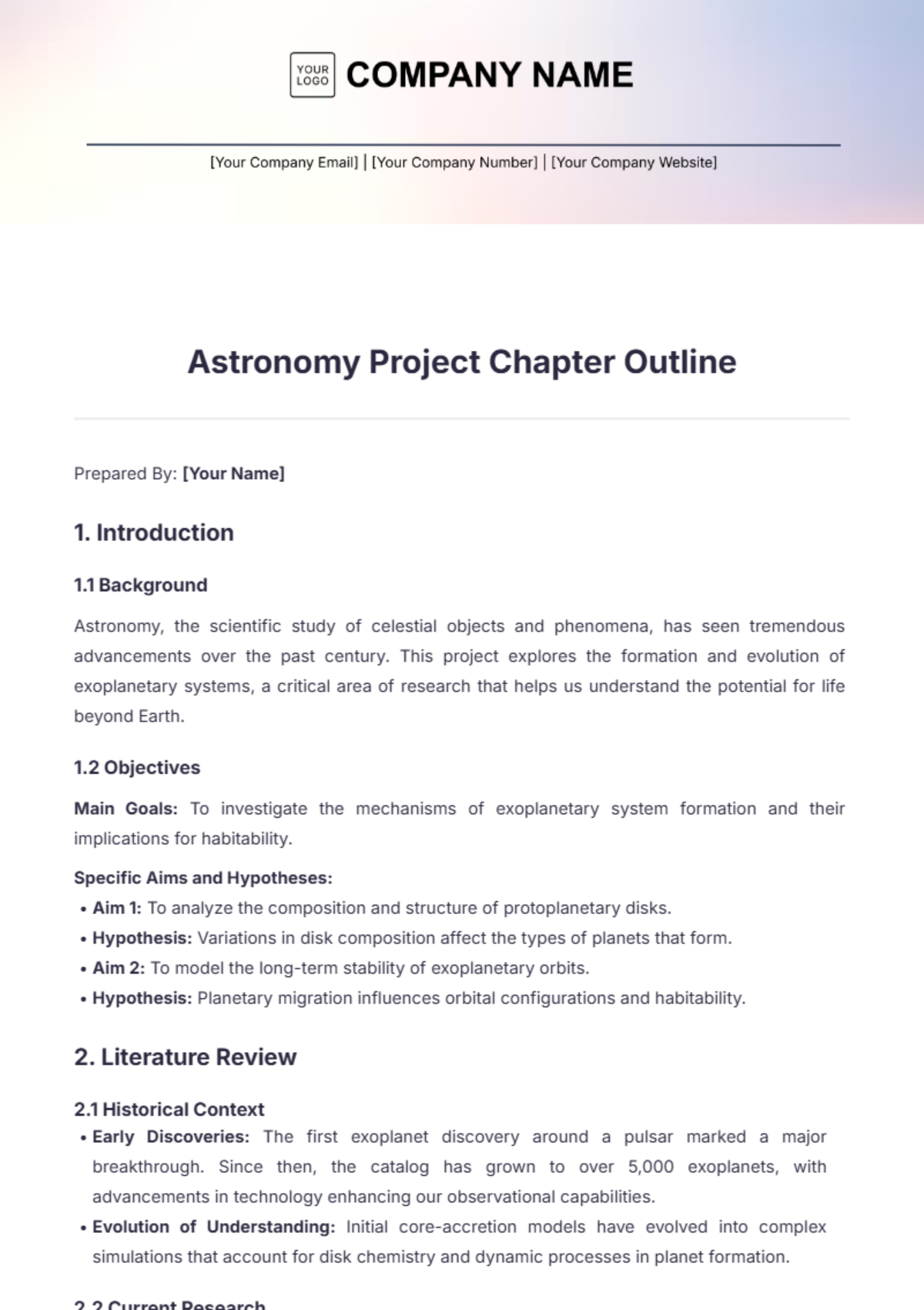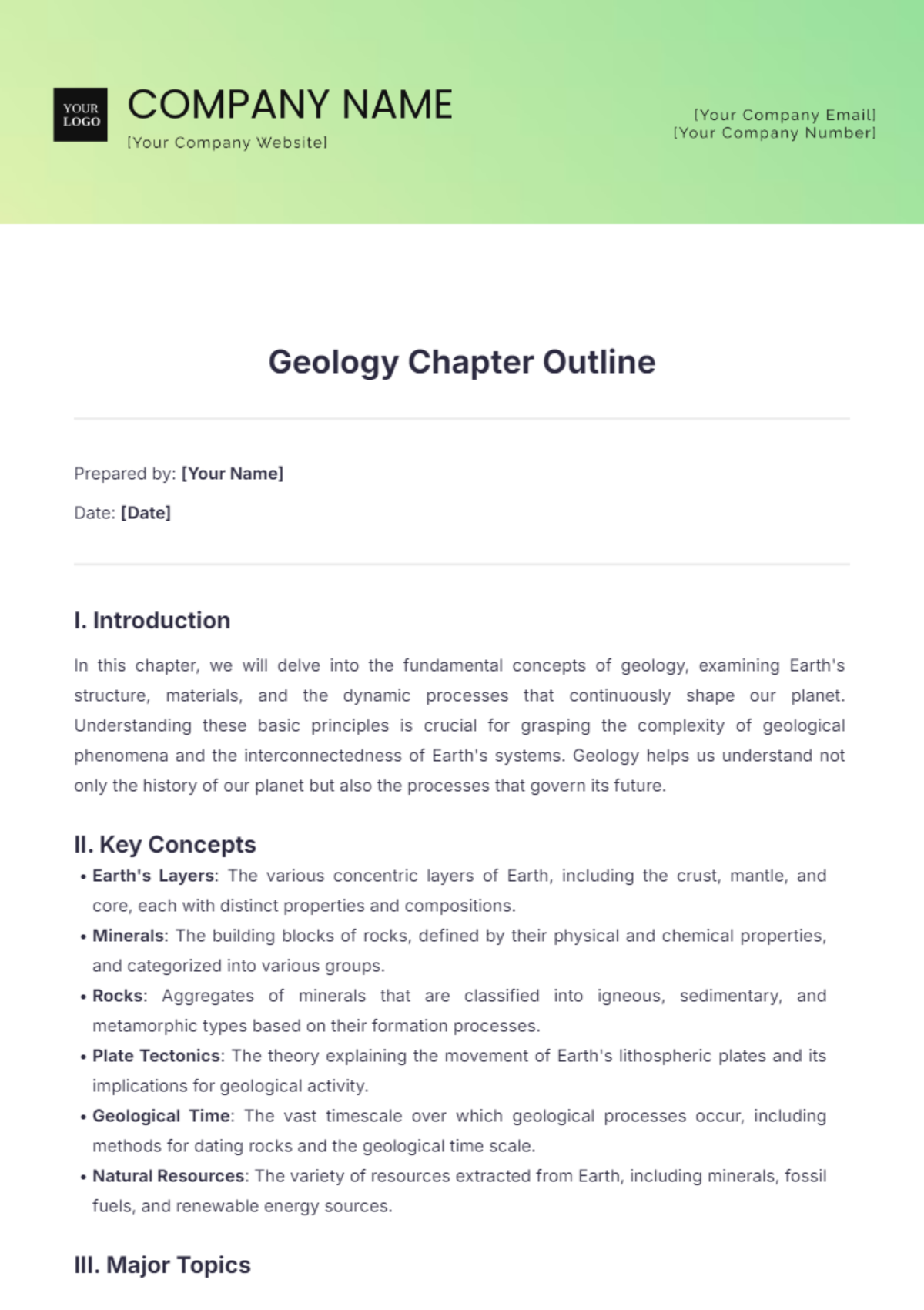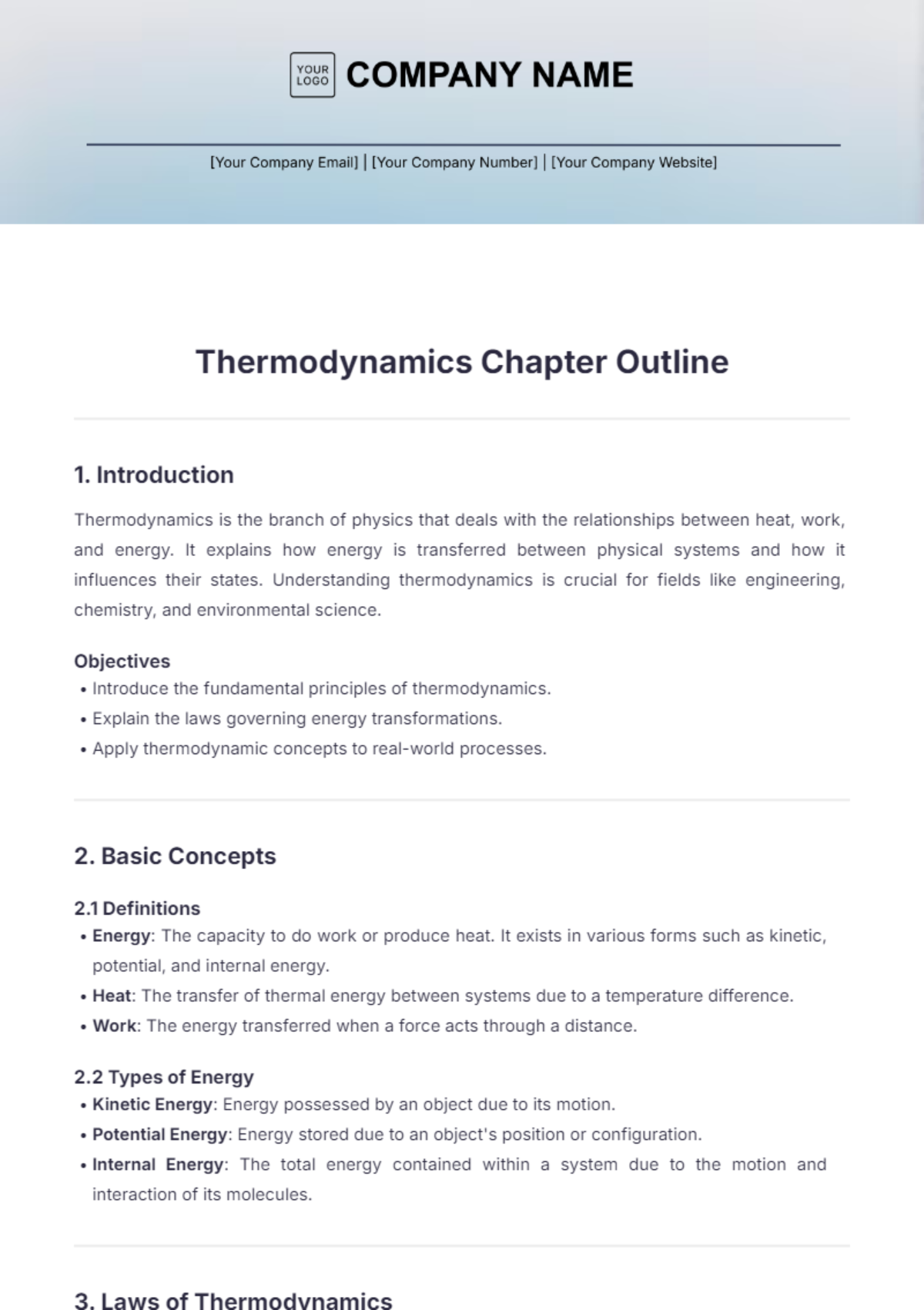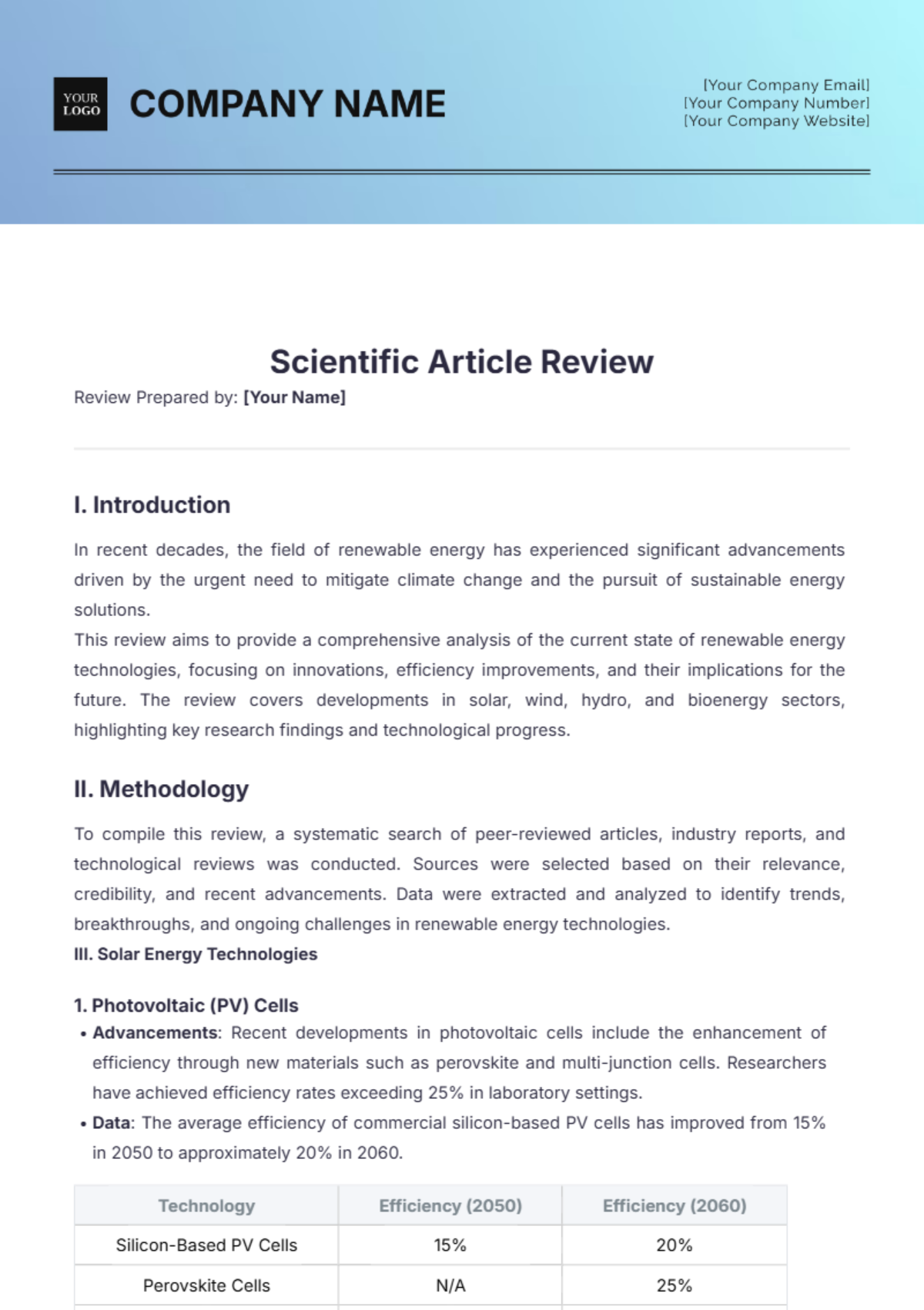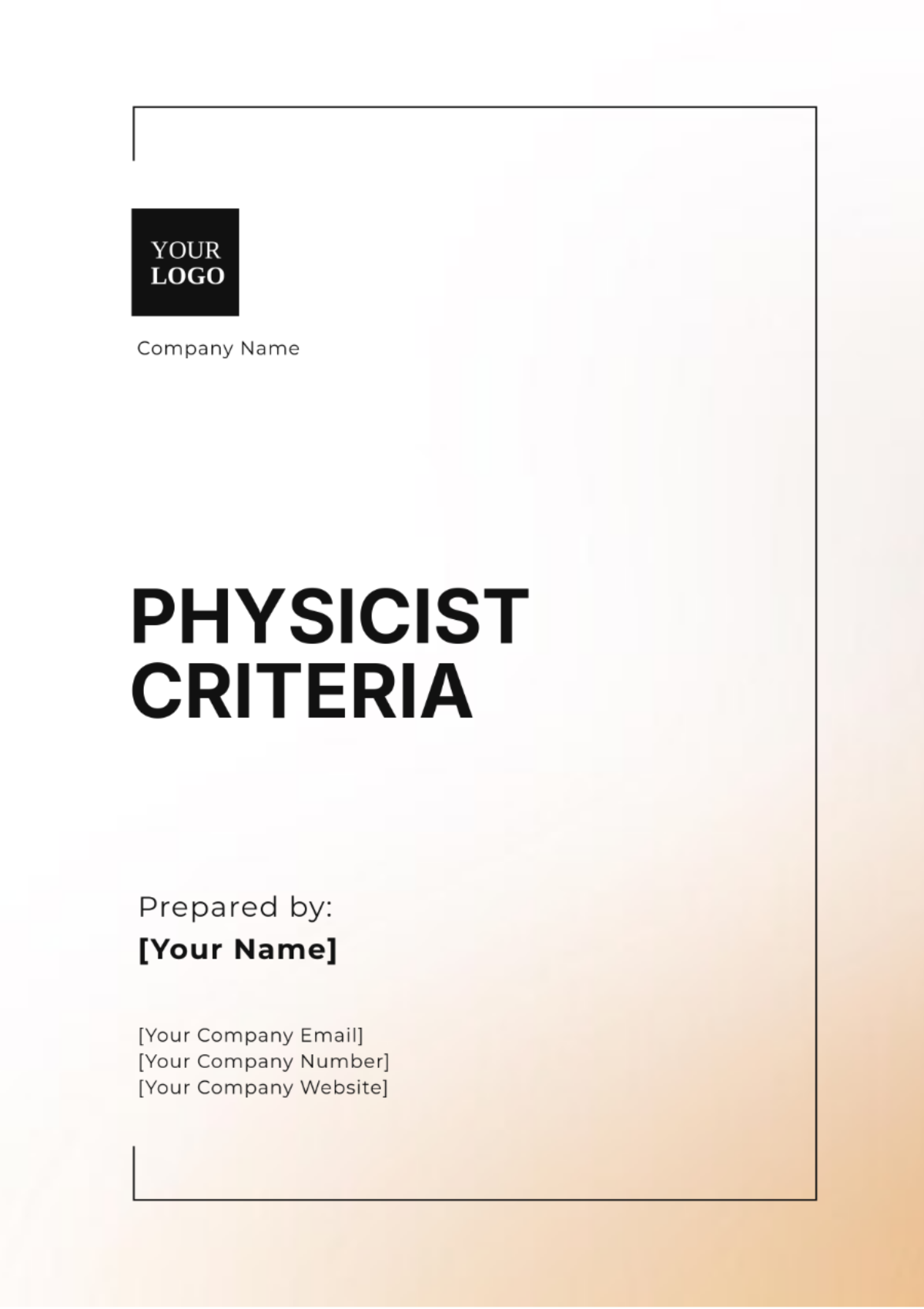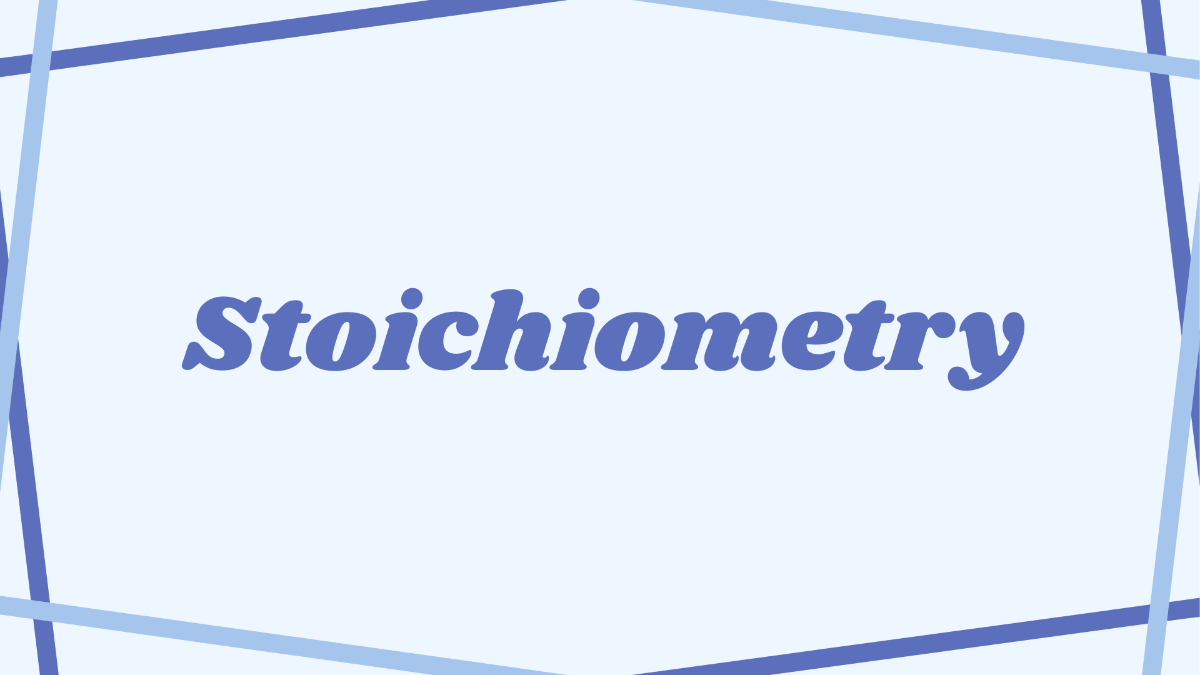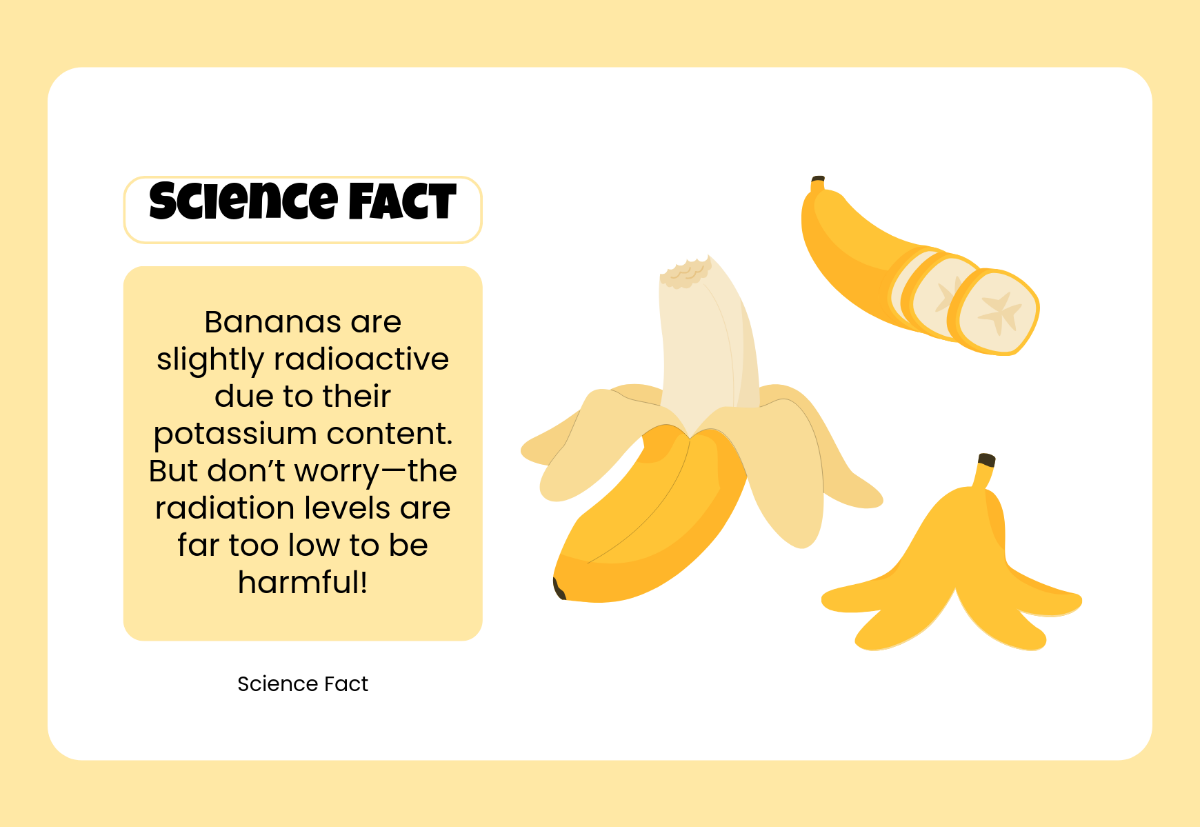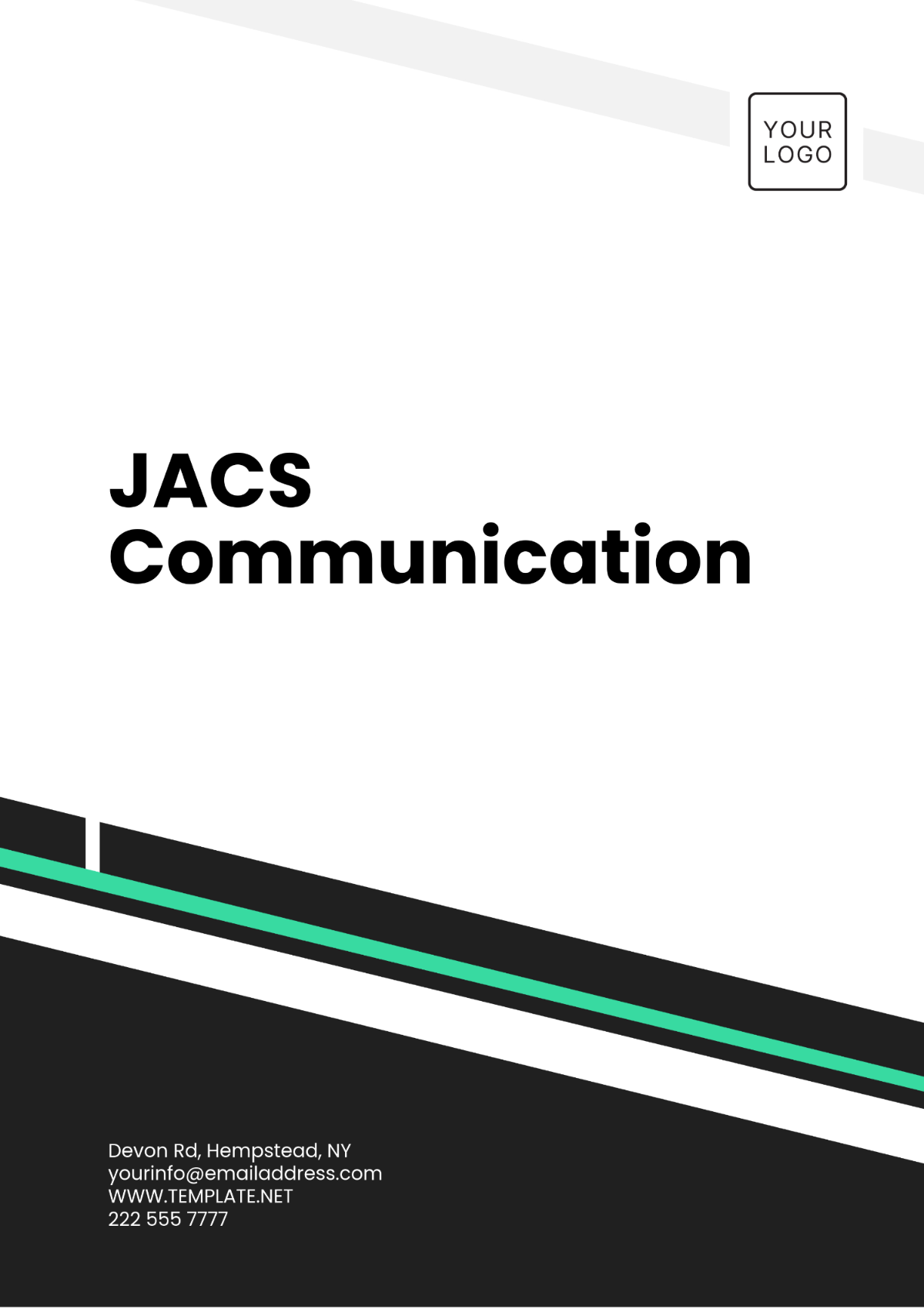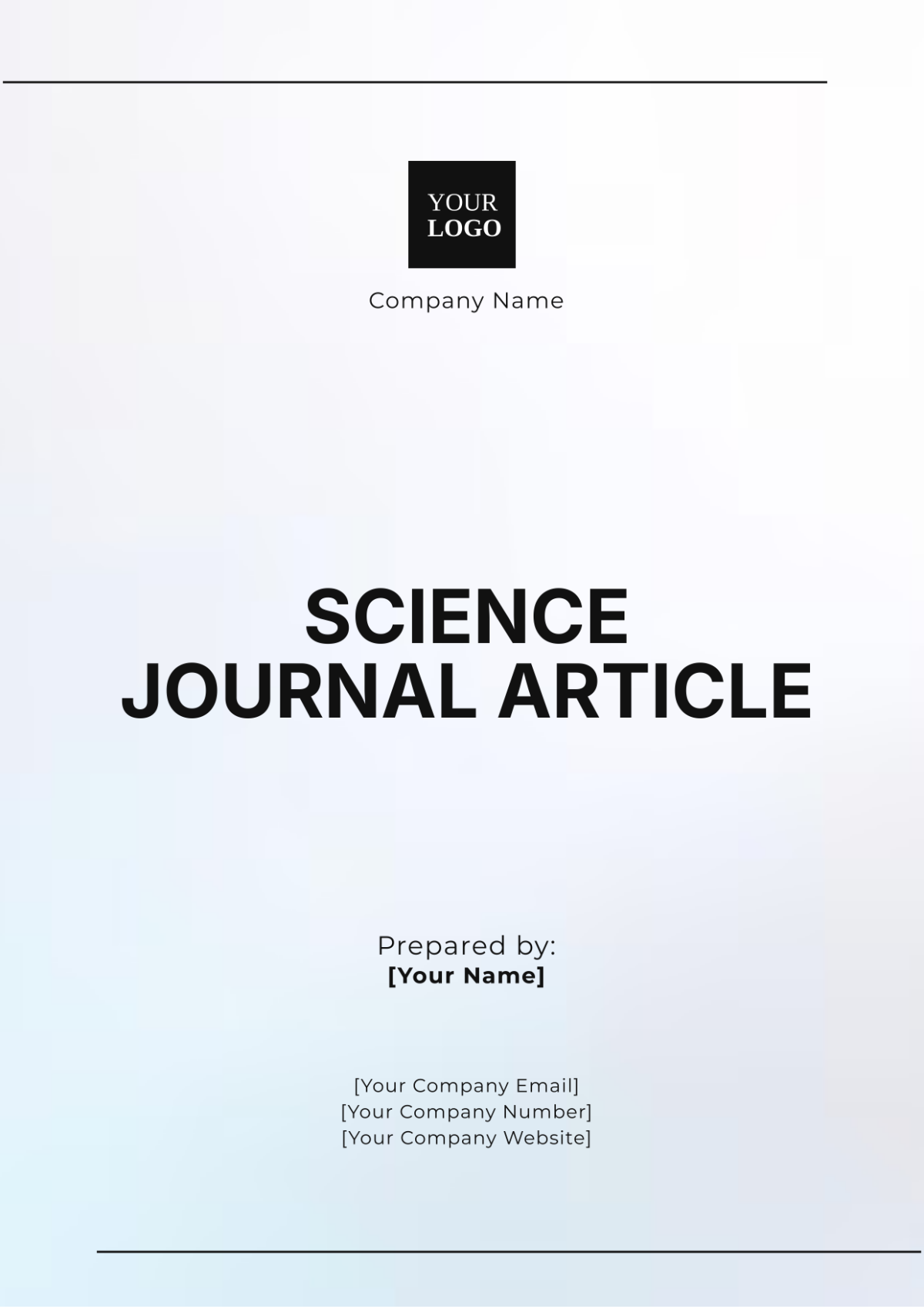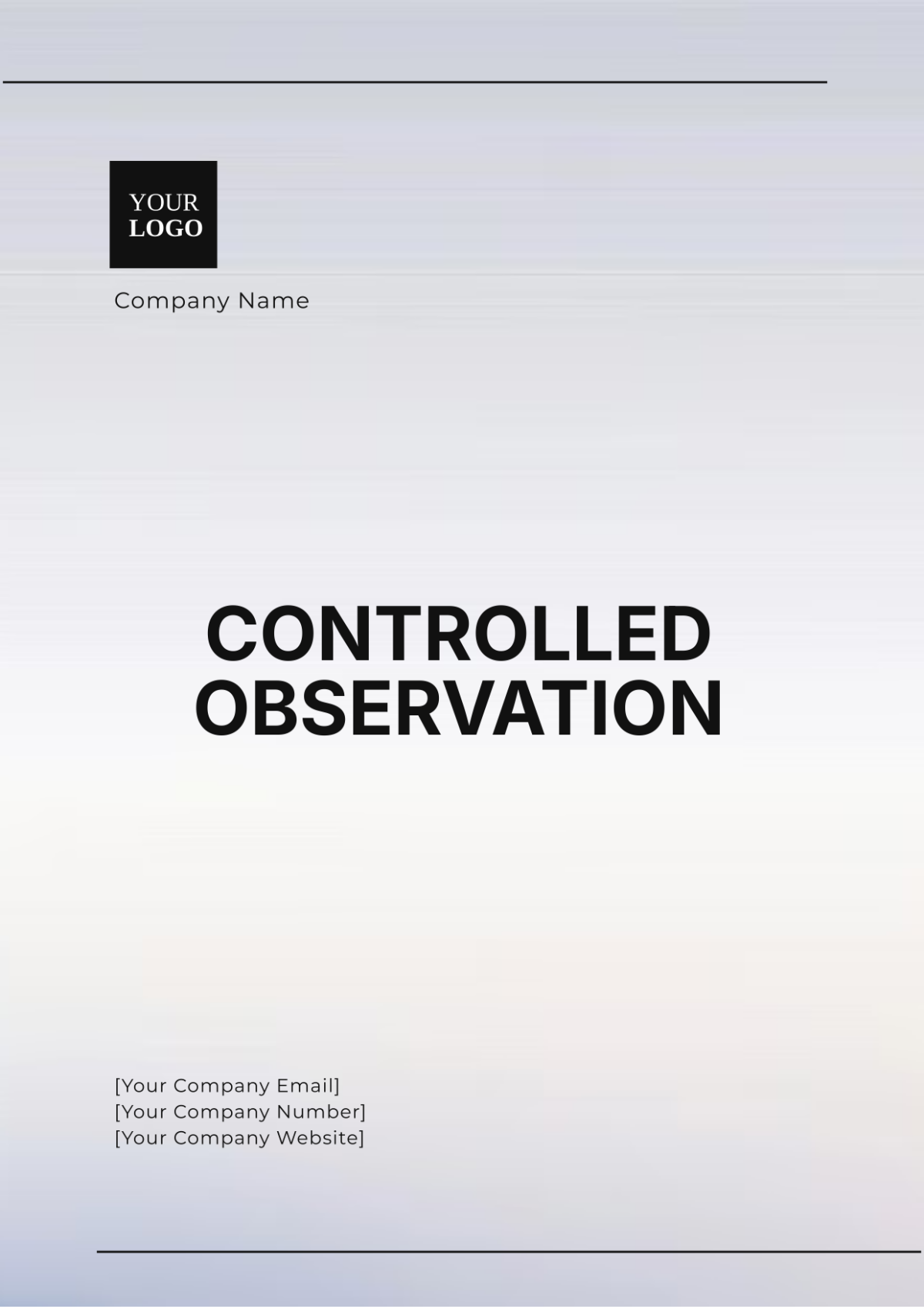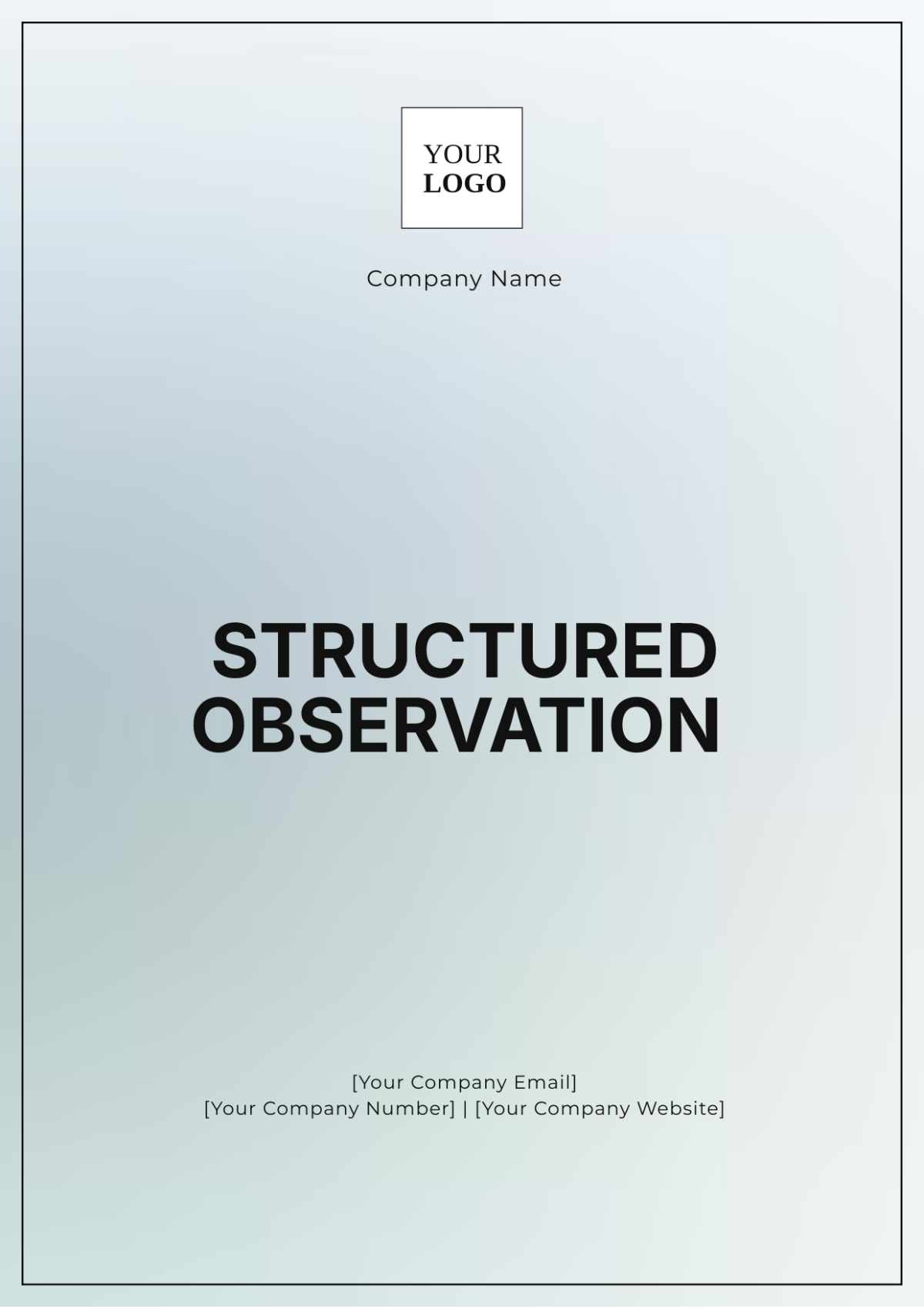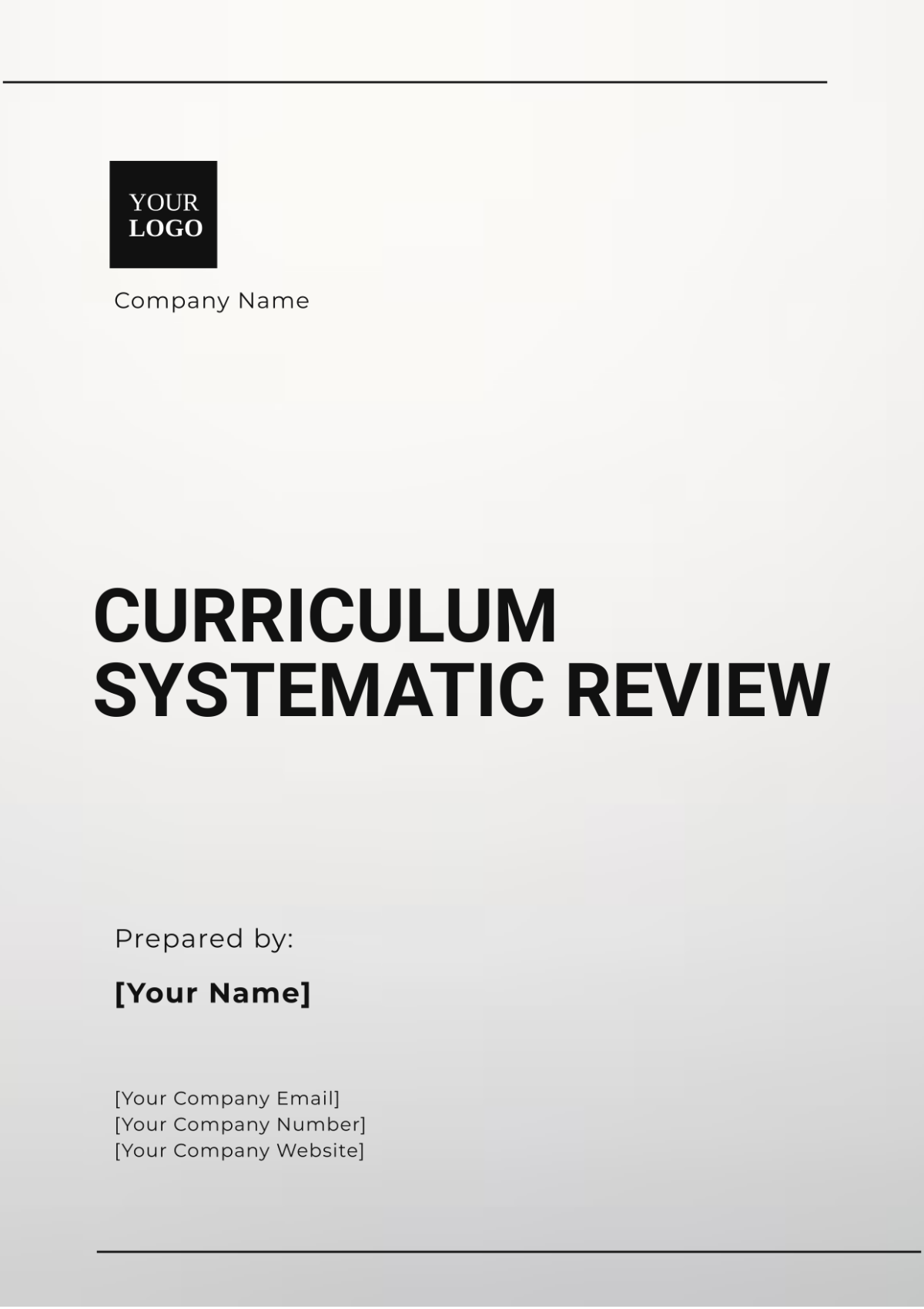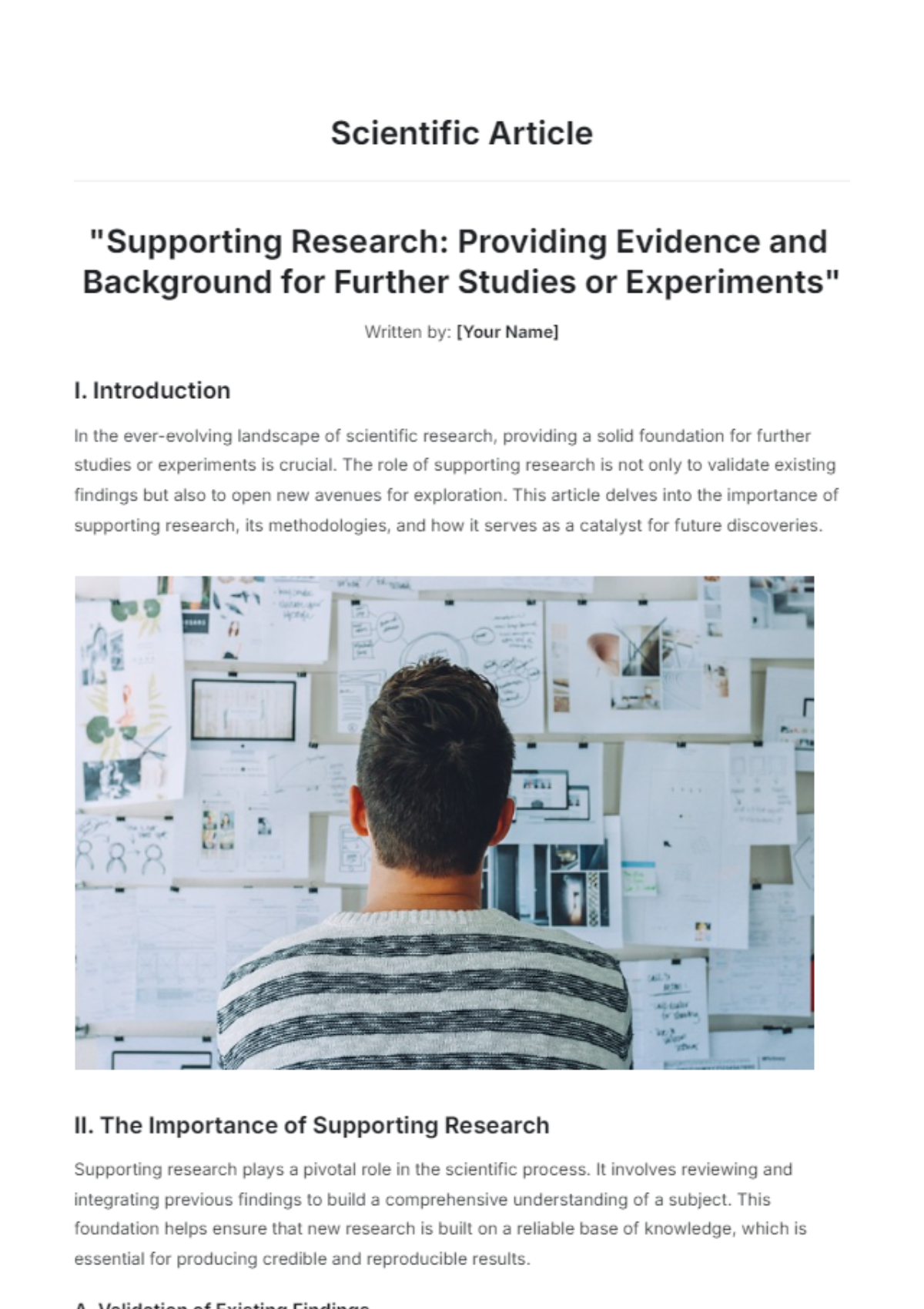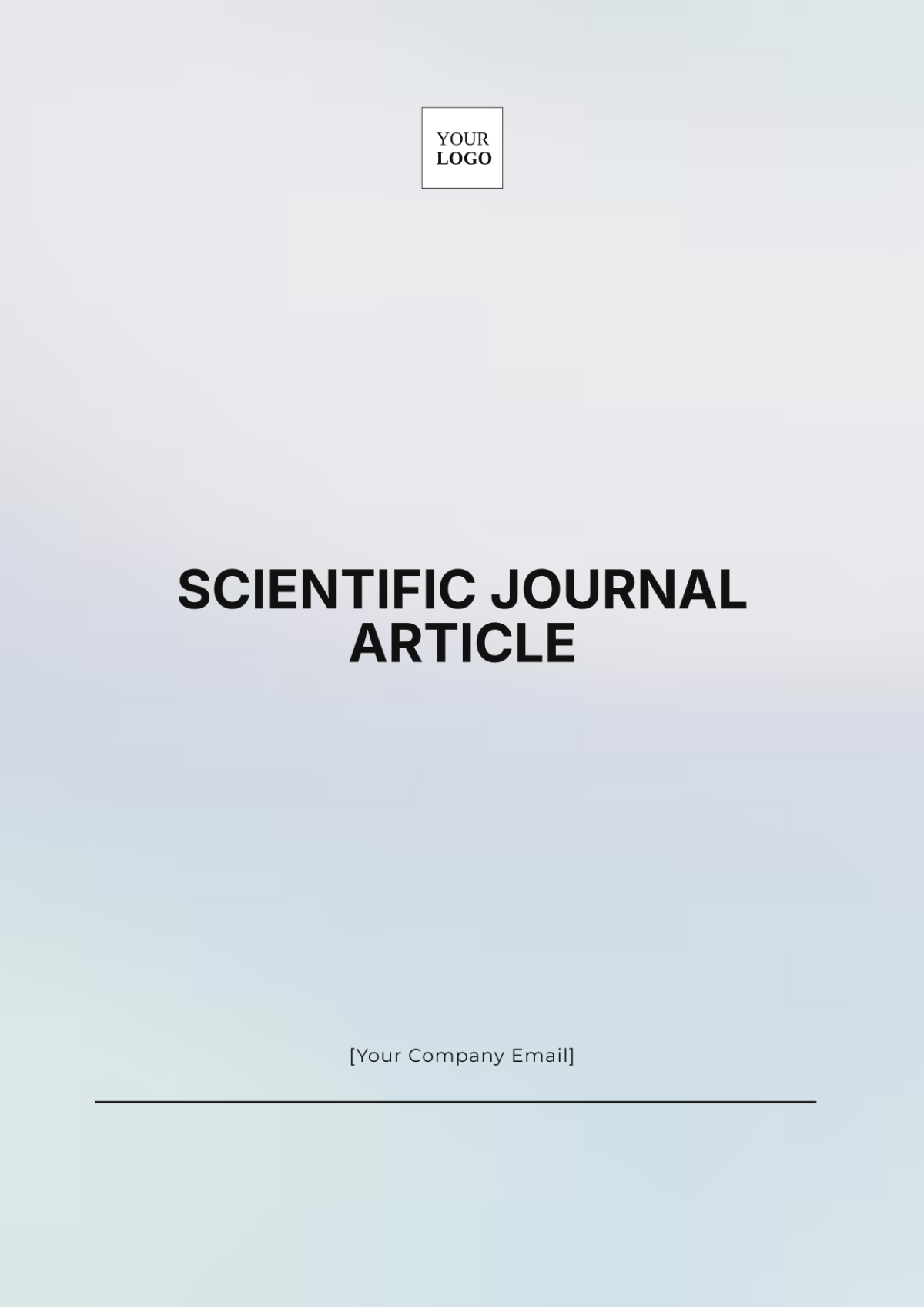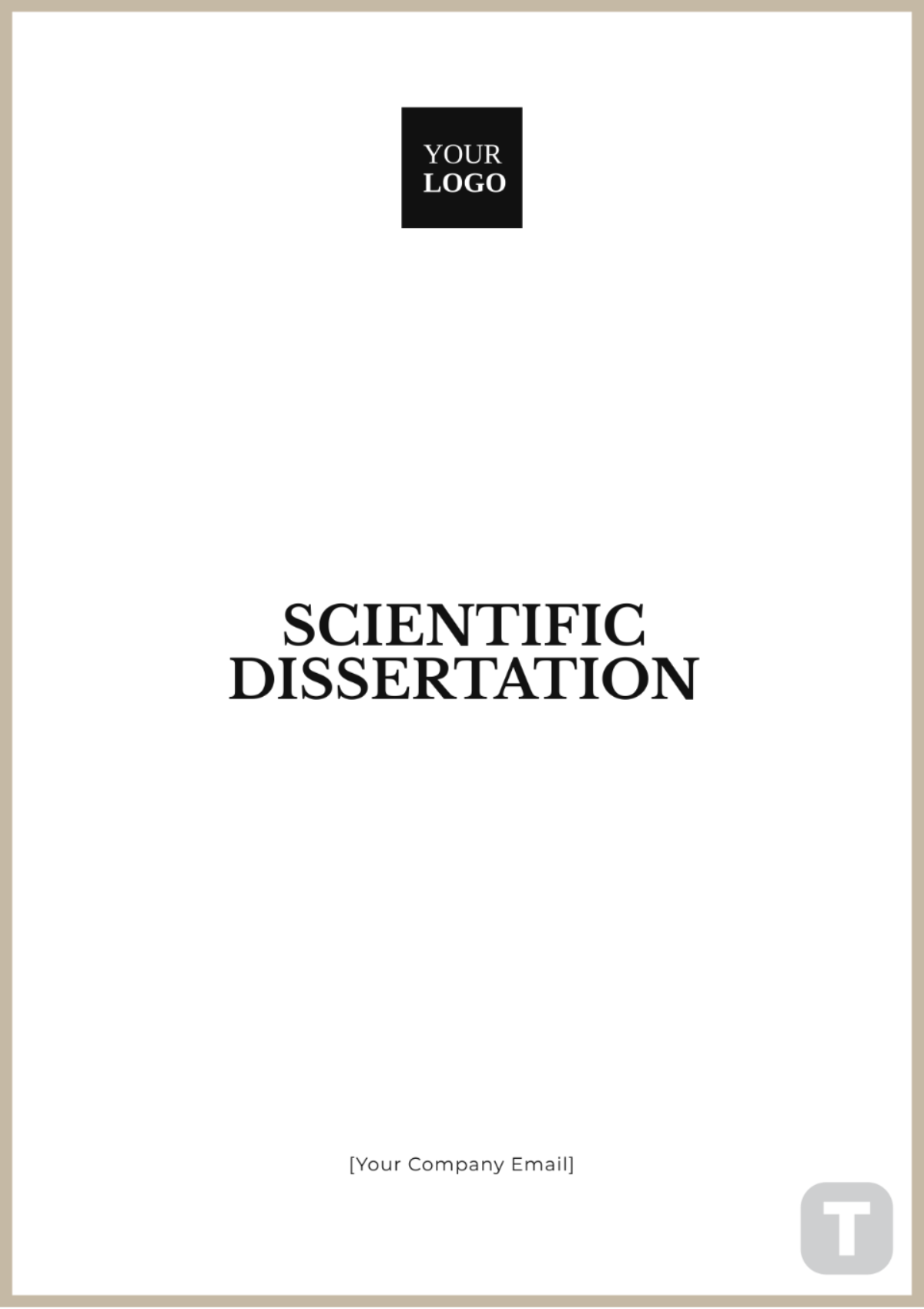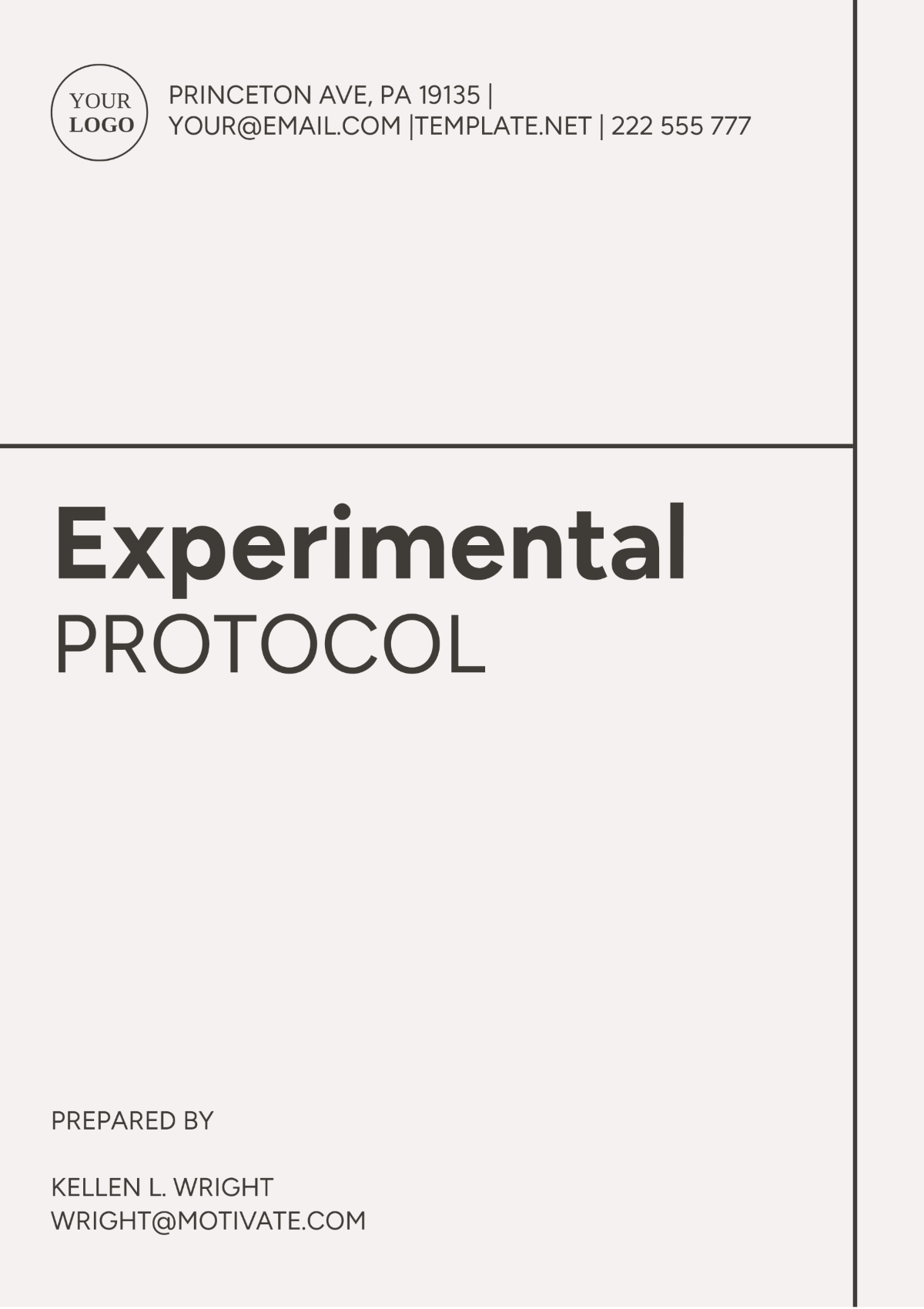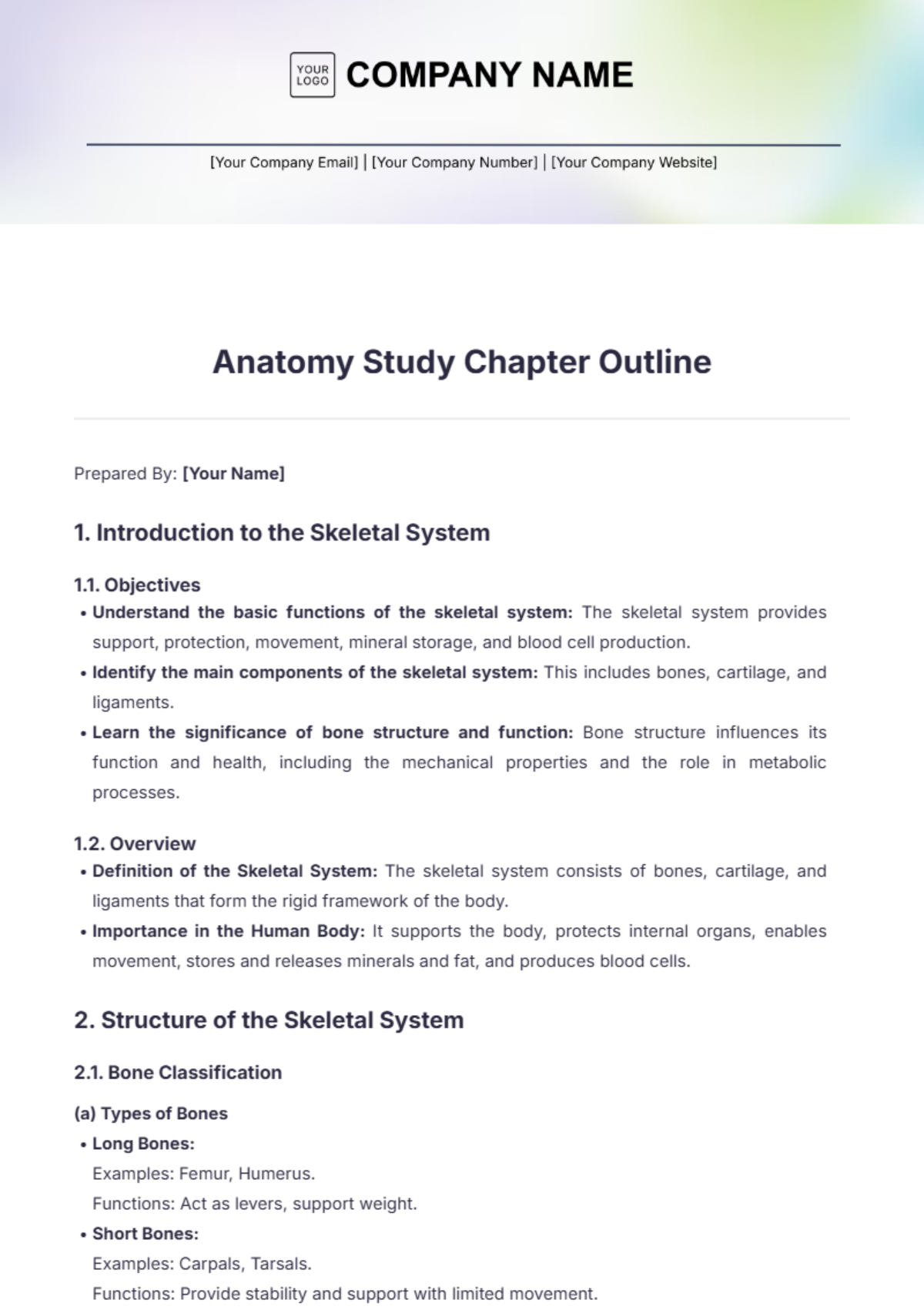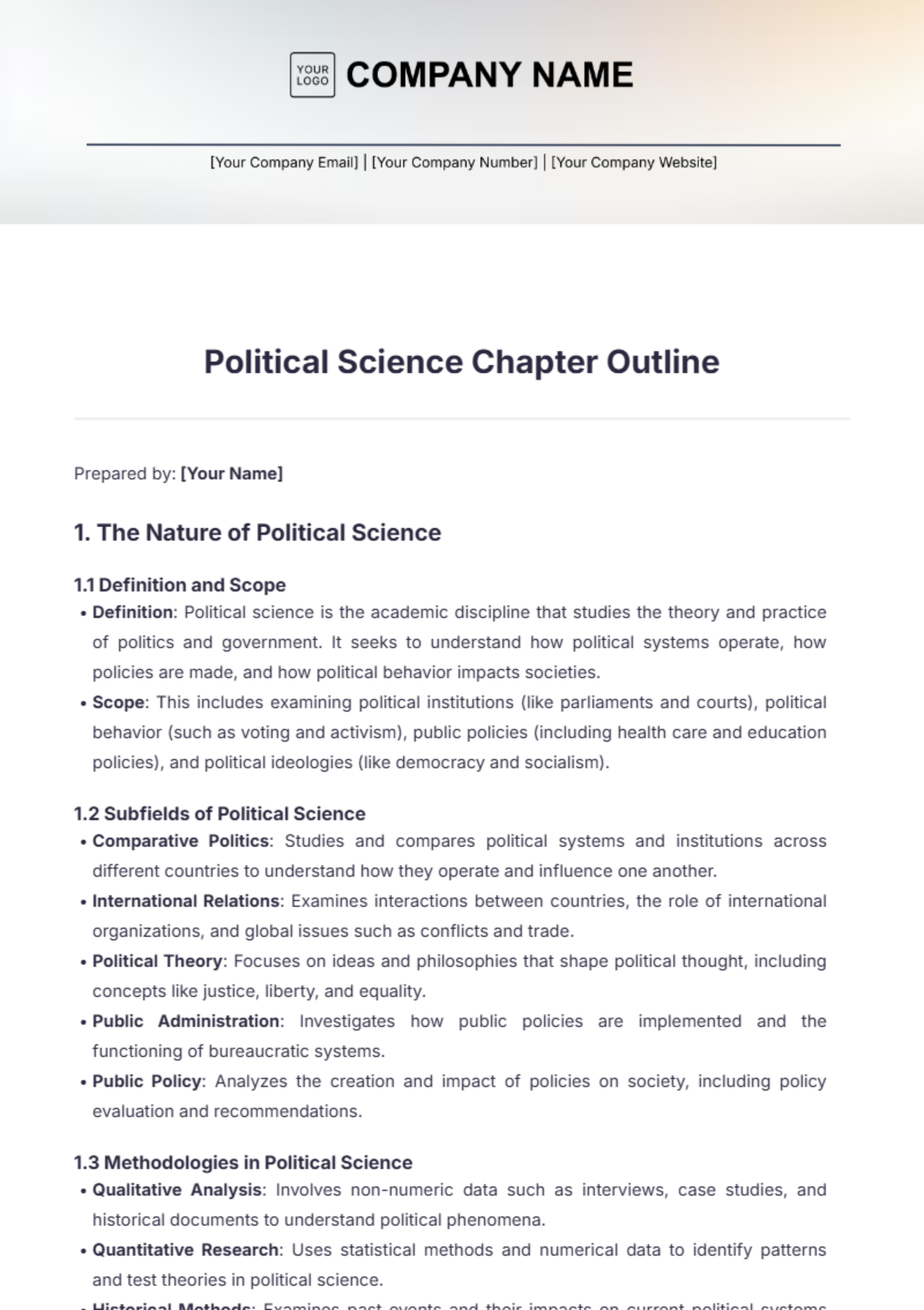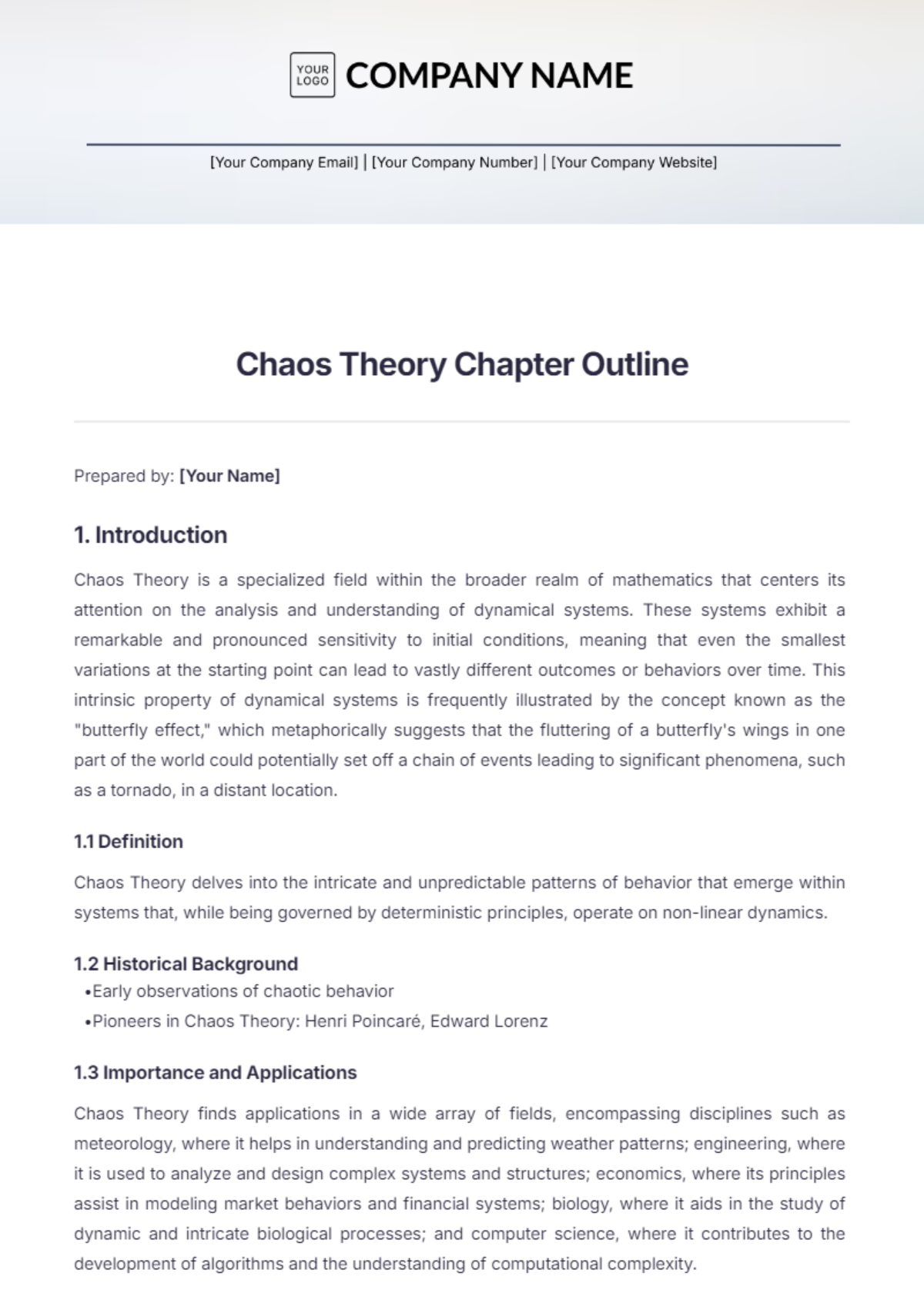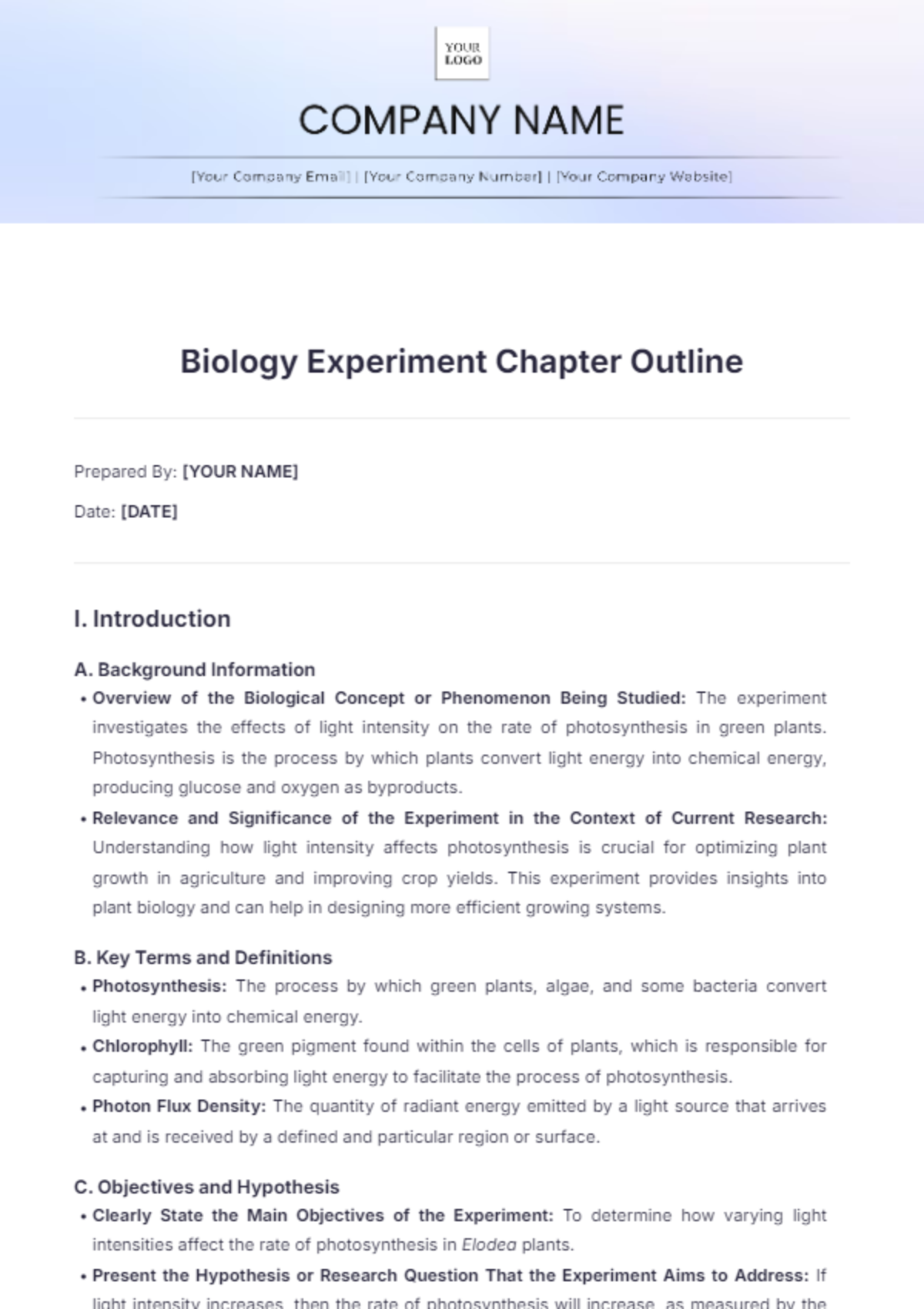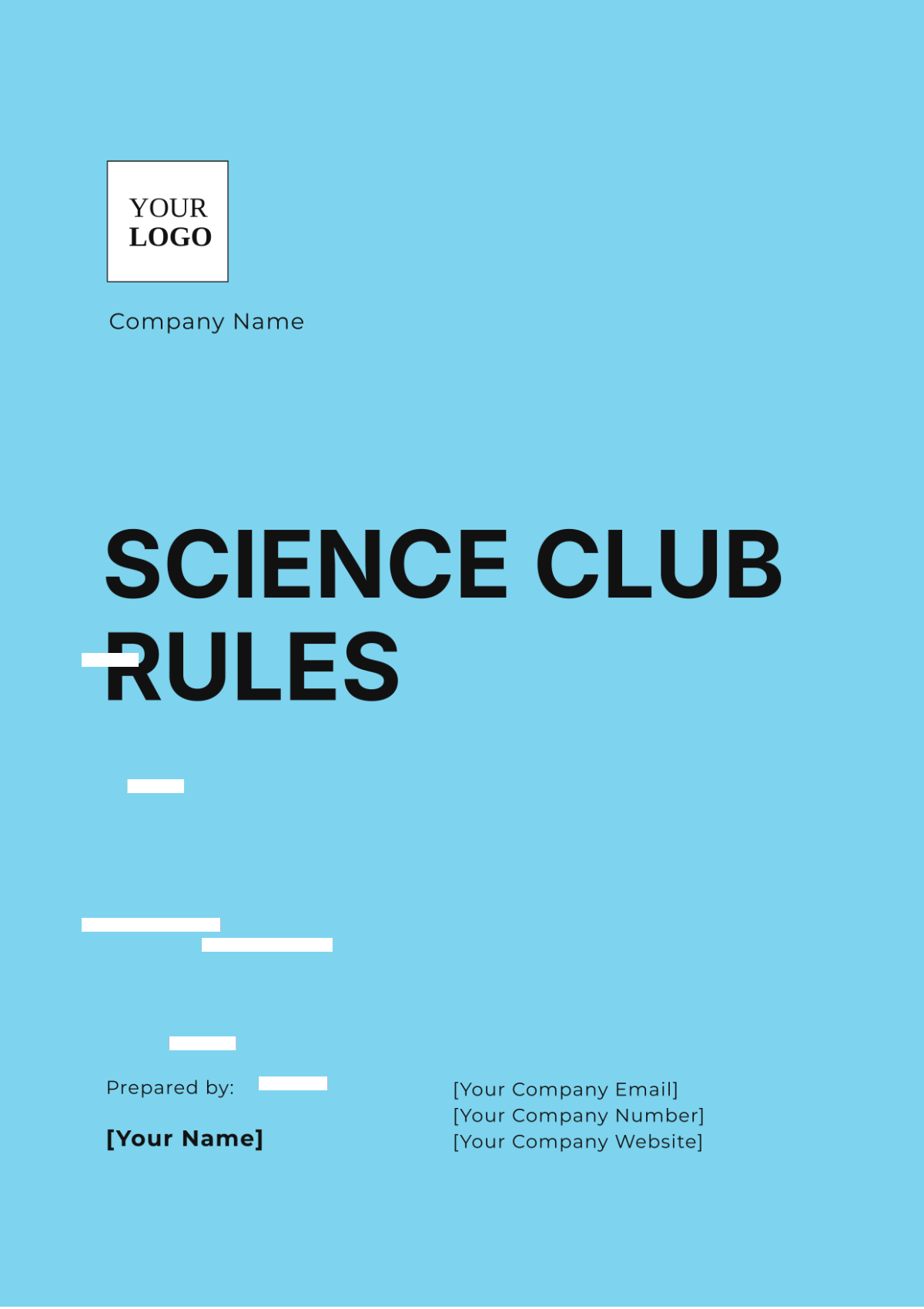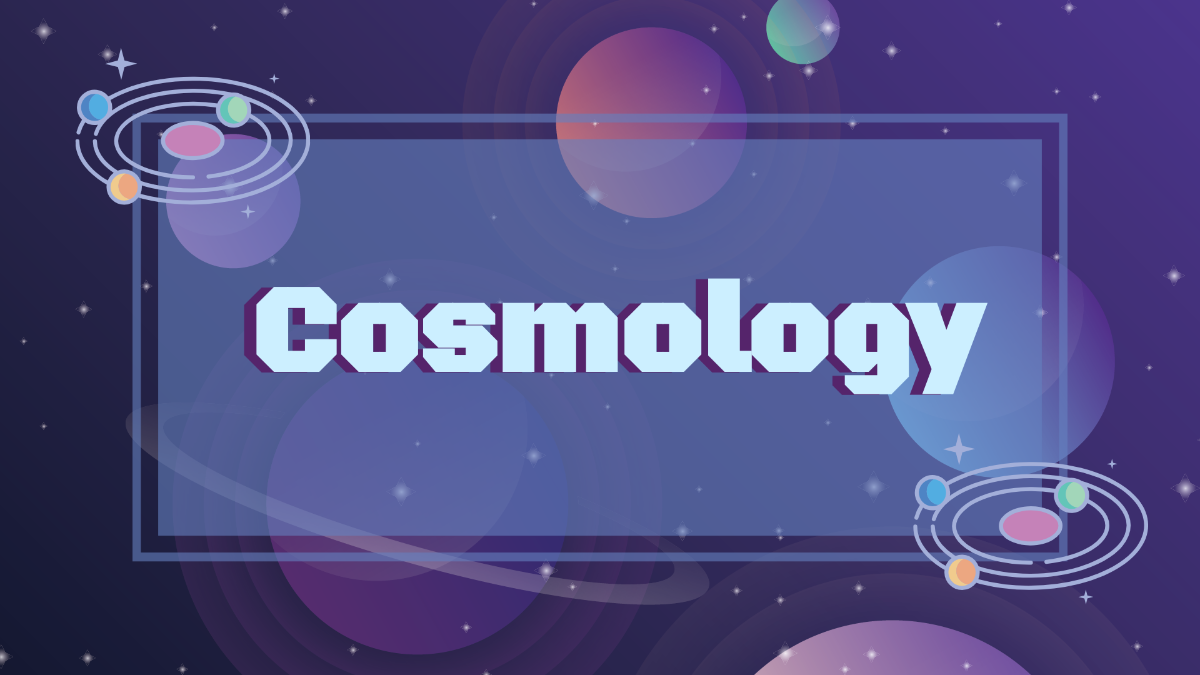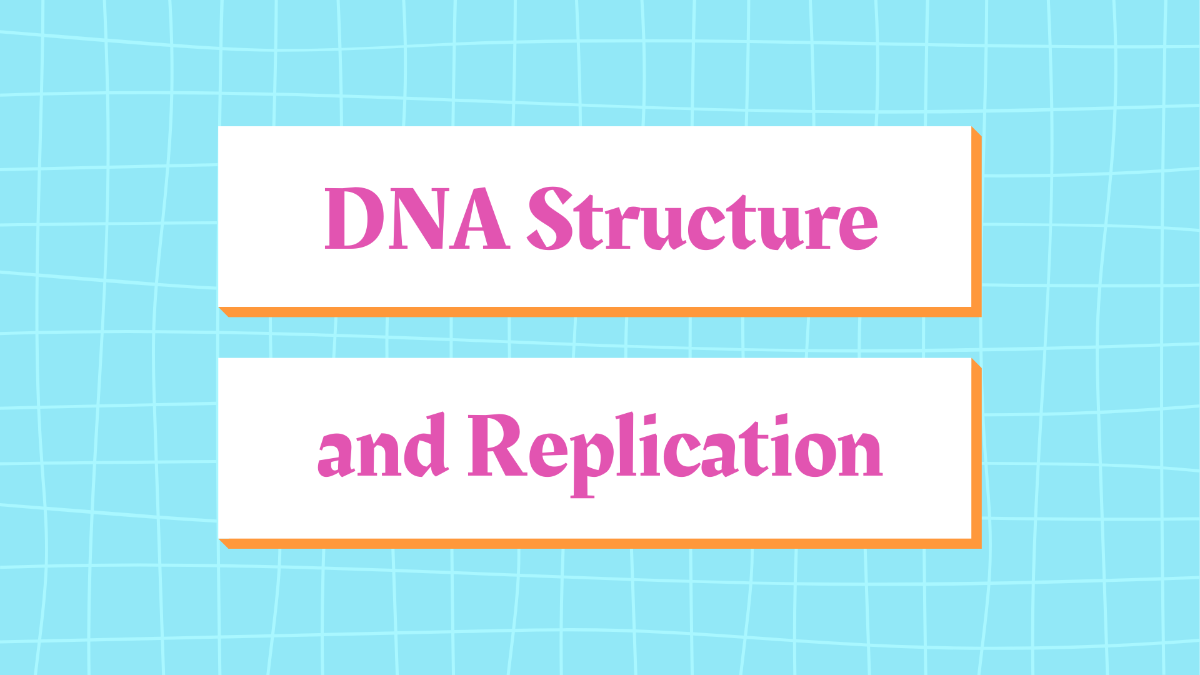Curriculum Systematic Review
Prepared By: [Your Name]
I. Introduction
The landscape of education is undergoing significant transformation, driven by the need to equip students with skills and knowledge that align with the demands of the 21st century. This systematic review aims to critically examine the components and efficacy of modern curriculum systems. By evaluating contemporary curriculum designs, this review seeks to understand their impact on student outcomes, educator effectiveness, and overall educational standards, providing insights that can inform future educational reforms.
II. Methodology
This review utilizes a systematic approach to analyze a wide array of qualitative and quantitative studies. The sources include peer-reviewed academic journals, comprehensive educational reports, and empirical studies published within the last decade. This methodology ensures a thorough examination of the current trends and practices in modern curriculum systems, allowing for a balanced and evidence-based assessment.
III. Components of Modern Curriculum Systems
A. Content and Structure
Modern curriculum systems are defined by their adaptive content and meticulously structured frameworks, designed to meet the evolving needs of students. The key components include:
Competency-Based Learning Objectives: Focused on mastering specific skills and knowledge areas, allowing students to progress at their own pace.
Integrated Technology Tools: Utilization of digital resources and educational technologies to enhance learning experiences and facilitate personalized education.
Interdisciplinary Thematic Units: Encouraging the integration of multiple subjects around central themes, fostering a holistic understanding of complex concepts.
Flexible Assessment Methods: Adoption of diverse assessment strategies, including formative, summative, and peer assessments, to accurately gauge student progress and understanding.
B. Pedagogical Approaches
Contemporary curricula emphasize a variety of pedagogical methodologies designed to enrich the learning experience and cater to diverse learning styles. These include:
Project-Based Learning (PBL): Encourages students to engage in real-world projects, promoting critical thinking, creativity, and problem-solving skills.
Inquiry-Based Instruction: Centers on student-led investigations, fostering curiosity, and deep understanding of subject matter.
Collaborative Learning Environments: Promotes teamwork and communication skills through group activities and peer learning.
Personalized Learning Paths: Tailors educational experiences to individual student needs, strengths, and interests, ensuring that each student can achieve their full potential.
IV. Impact on Student Outcomes
The implementation of modern curriculum systems has demonstrated several positive effects on student outcomes. Notable improvements include:
Enhanced Critical Thinking and Problem-Solving Skills: Students engage in complex tasks that require higher-order thinking, leading to better cognitive development.
Increased Engagement and Motivation: The use of relevant, real-world applications and interactive learning methods boosts student interest and enthusiasm.
Improved Academic Performance Across Diverse Disciplines: A well-rounded curriculum that integrates various subjects and skills leads to stronger academic achievement.
Greater Preparedness for Higher Education and Workforce Challenges: Students gain the necessary skills and competencies to succeed in post-secondary education and their future careers.
V. Challenges and Considerations
A. Resource Allocation
The effective implementation of modern curriculum systems is contingent upon the availability of resources. Key considerations include:
Funding for Technology and Infrastructure: Significant investment is required to ensure that all students have access to the necessary technological tools and learning environments.
Professional Development for Educators: Continuous training and support for teachers are essential to equip them with the skills needed to effectively deliver modern curricula.
Access to Up-to-date Educational Materials: Ensuring that curriculum content is current and relevant requires ongoing investment in educational resources.
B. Equity and Inclusion
Achieving equity in education remains a critical challenge in the implementation of modern curriculum systems. Important issues include:
Addressing Diverse Learning Needs: Curricula must be adaptable to accommodate students with varying abilities and learning styles.
Closing the Digital Divide: Ensuring that all students have access to technology, particularly those from underprivileged backgrounds, is essential for equitable education.
Supporting Underrepresented and Disadvantaged Student Populations: Targeted interventions and support systems are necessary to ensure that all students can benefit from modern curricula, regardless of their socioeconomic background.
VI. Conclusion
Modern curriculum systems represent a forward-thinking approach to education, designed to prepare students for the complexities of a rapidly changing world. However, the successful implementation of these systems requires careful planning, adequate resources, and a strong commitment to inclusivity. As educational paradigms continue to evolve, ongoing research and adaptation are crucial to sustaining and enhancing the effectiveness of curriculum designs. This review highlights the importance of a comprehensive and adaptable approach to advancing educational practices, ensuring that all students are equipped to succeed in the future.

